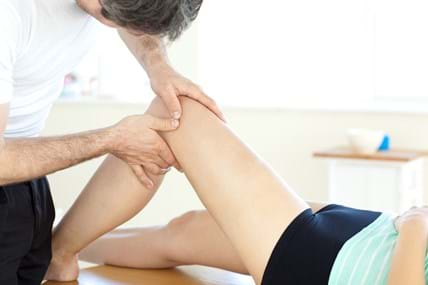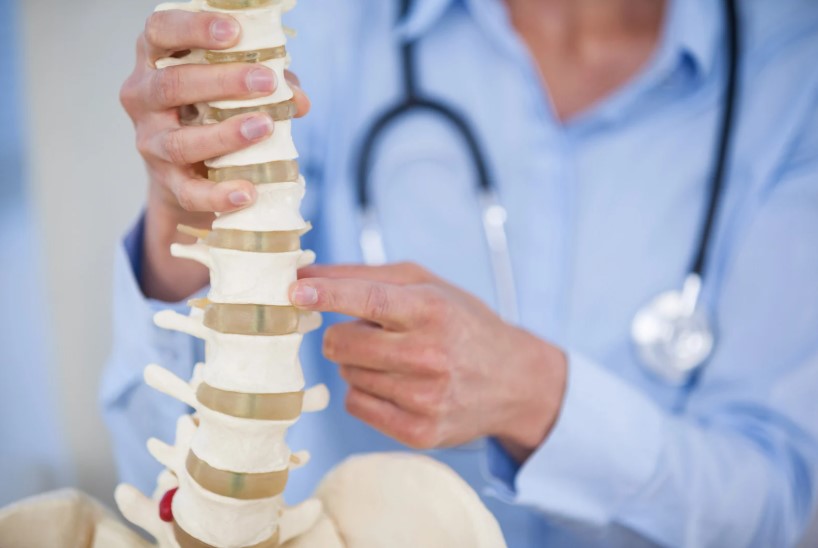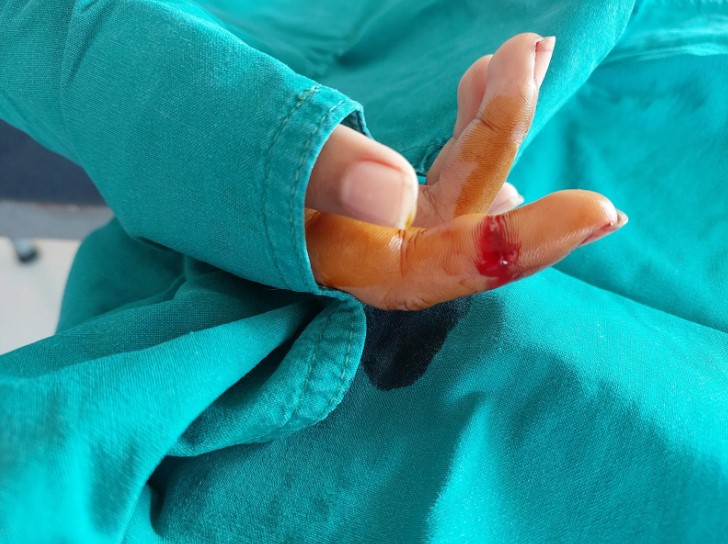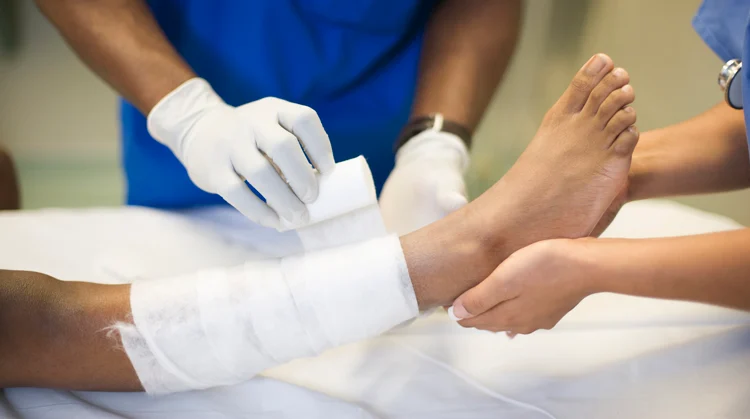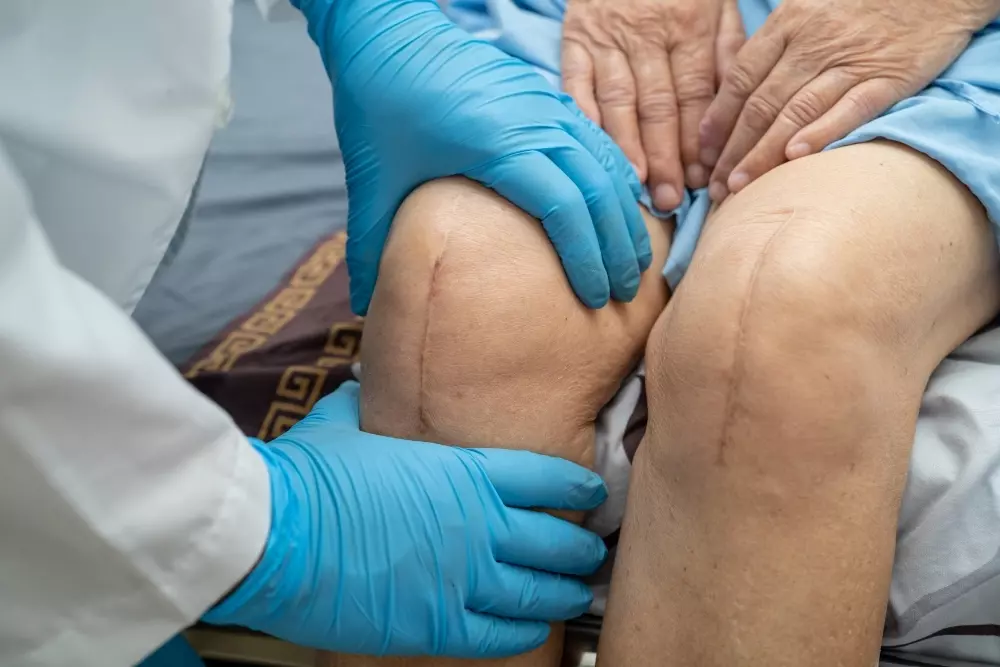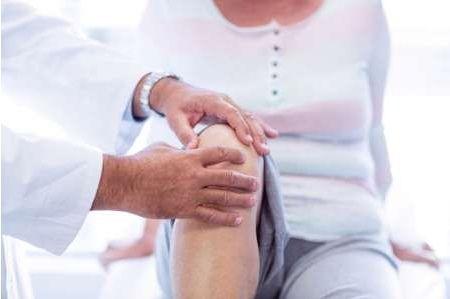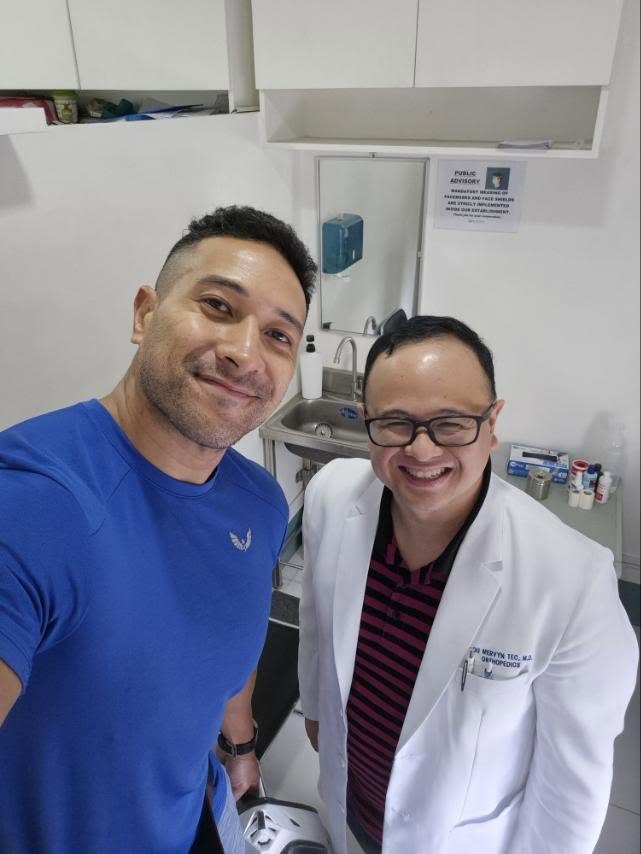Knee pain is a prevalent issue in Singapore, affecting individuals of all ages and lifestyles. Whether it’s due to aging, injuries, or lifestyle factors, addressing knee pain promptly is crucial for maintaining mobility and quality of life. In this blog post, we’ll explore the common causes of knee pain in Singapore and how physiotherapy plays a vital role in addressing these issues effectively.
Common Causes of Knee Pain in Singapore
Osteoarthritis: Osteoarthritis is a leading cause of knee pain in Singapore, particularly among the aging population. This degenerative joint disease gradually wears down the cartilage in the knees, leading to pain, stiffness, and decreased mobility. Factors such as genetics, previous injuries, and obesity can contribute to the development of osteoarthritis in the knees.
Injury: Knee injuries, such as ligament tears, meniscus tears, and strains, are common among Singaporeans, especially those who lead active lifestyles or participate in sports. These injuries can result from sudden impacts, repetitive movements, or overexertion, leading to acute or chronic knee pain.
Overuse: In a bustling city like Singapore, where individuals lead fast-paced lives, overuse injuries are prevalent. Activities that involve repetitive knee movements, such as running, cycling, or prolonged standing, can strain the knee joints and surrounding structures, leading to pain and discomfort over time.
Obesity: Obesity is a significant contributing factor to knee pain in Singapore. The excess weight puts added pressure on the knee joints, leading to wear and tear of the cartilage and increased risk of osteoarthritis. With the rising obesity rates in Singapore, addressing weight management becomes crucial in managing knee pain effectively.
Other Contributing Factors: Other factors, such as aging, poor biomechanics, and genetic predispositions, can also contribute to knee pain in Singapore. As individuals age, the wear and tear on the knee joints increase, leading to conditions like osteoarthritis. Additionally, poor biomechanics and genetic factors can affect the alignment and stability of the knees, predisposing individuals to knee pain.
Role of Physiotherapy in Managing Knee Pain
Assessment: Physiotherapists play a crucial role in assessing and diagnosing the underlying causes of knee pain. Through a comprehensive physical examination, patient history assessment, and diagnostic tests such as X-rays or MRIs, physiotherapists can identify the specific factors contributing to knee pain and develop personalized treatment plans.
Treatment Modalities: Physiotherapy offers a wide range of treatment modalities to address knee pain effectively. These may include manual therapy techniques such as joint mobilization and soft tissue massage to improve joint mobility and reduce pain. Additionally, physiotherapists may prescribe specific exercises to strengthen the muscles surrounding the knee, improve flexibility, and enhance overall function.
Customized Exercise Programs: One of the key components of physiotherapy for knee pain is the development of customized exercise programs. These programs are tailored to the individual’s needs and may include strengthening exercises, stretching routines, and functional movements to improve knee stability and function. By adhering to a personalized exercise program, individuals can experience significant improvements in pain relief and mobility.
Education and Lifestyle Modification: In addition to hands-on treatment and exercise prescription, physiotherapists provide valuable education on proper body mechanics, posture, and lifestyle modifications to prevent future knee pain. This may include guidance on ergonomic adjustments at work, proper footwear selection, and strategies to maintain a healthy weight to reduce stress on the knee joints.
Post-Surgery Rehabilitation: For individuals undergoing knee surgery, such as ACL reconstruction or meniscus repair, physiotherapy plays a crucial role in the rehabilitation process. Physiotherapists work closely with patients to develop tailored rehabilitation programs aimed at restoring strength, mobility, and function following surgery. Through a combination of hands-on therapy, exercises, and gradual progression of activities, physiotherapy helps individuals achieve optimal recovery and return to their desired level of activity.
Takeaway
Understanding the common causes of knee pain in Singapore is essential for effective management and prevention. Physiotherapy plays a crucial role in addressing knee pain by providing personalized assessment, treatment, and rehabilitation programs tailored to individual needs. Whether it’s osteoarthritis, injury, overuse, or other contributing factors, physiotherapy offers effective solutions to alleviate pain, improve function, and enhance quality of life for individuals with knee pain in Singapore.
Physiotherapy for knee pain Singapore offers a multifaceted approach, combining targeted exercises and therapeutic techniques for optimal results.

